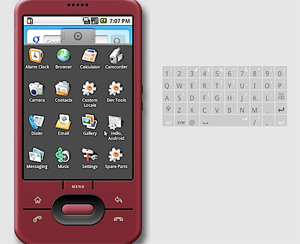 The development of mobile best practices and tools to measure mobile performance is just starting to heat up.
The development of mobile best practices and tools to measure mobile performance is just starting to heat up.
In a recent interview, Steve Souders, performance evangelist at Google, said we’re going to see an increased abilities to debug, profile, and iterate with code remotely in the mobile space. However, Souders warned against putting too much faith in mobile emulators and simulators:
I think we’re all pretty much down with being very cautious about using emulators. Using an emulator, or even a user-agent switcher or switching your WebKit to have a user agent cloaking as a mobile phone, makes things easier. And that’s totally cool to do once you verify that the thing you’re trying to optimize or tweak is unaffected by using an emulator or a user-agent switcher.
If it turns out that you’ve just spent a couple days or a week optimizing something using an emulator, then when you actually run that code on the mobile device and it doesn’t work, you’ll feel really bad you wasted that time. I always look at the test I’m trying to do, or the behavior I’m trying to diagnose, and test it on the mobile device first as much as I can. I verify that it behaves in a particular way, then I’ll see if it behaves that same way on something on my desktop. If it does, then I’ll do a lot of my work there [on the desktop], but every couple hours I’ll go back and make sure what I’m finding still works that way on the actual device.
For more of Souders’ thoughts on mobile optimization best practices and the evolution of performance tools, check out the the entire interview in the following video:
Photo: Screenshot-Android Emulator (Default:5554).png by BryanKemp, on Flickr
Related:
